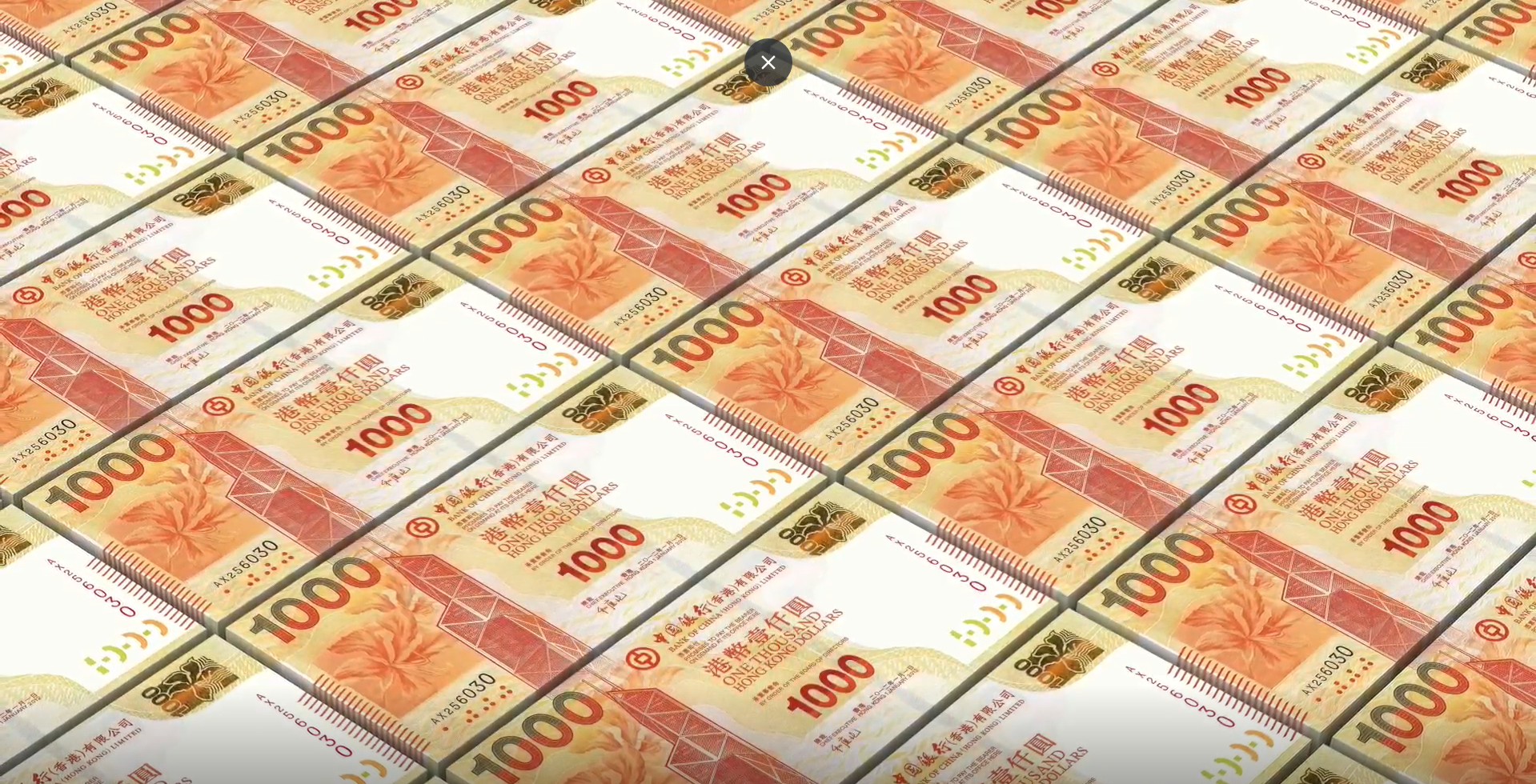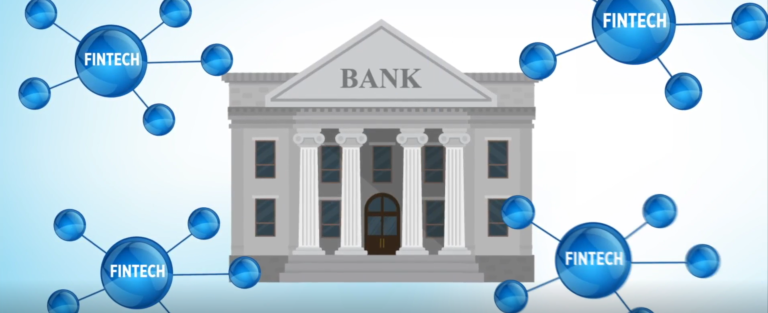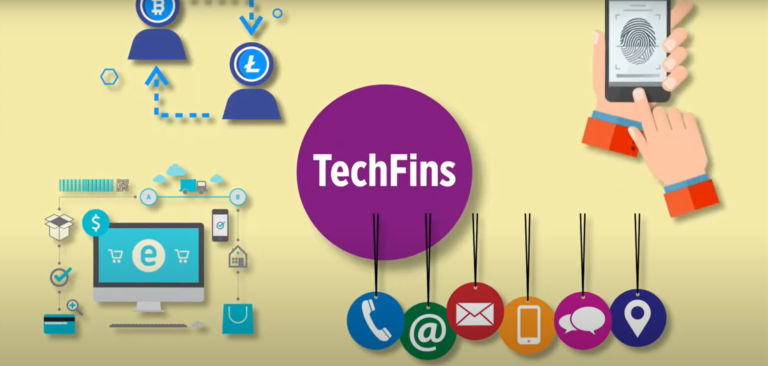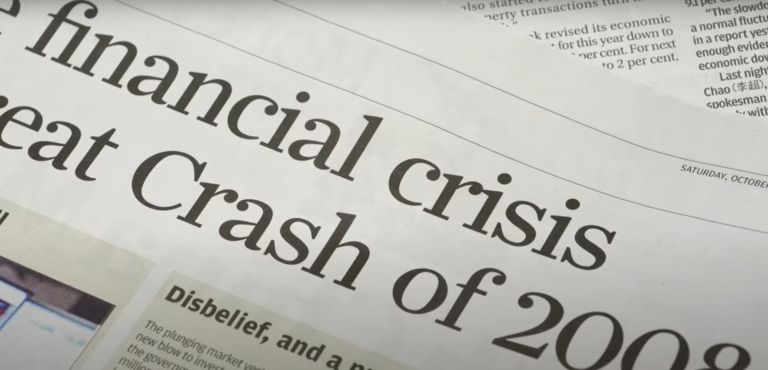Transcript
So one question to consider is a really fundamental one about currency. Should we have it? And if so, who should control it?
You wouldn’t have thought about this perhaps 20 years ago, but now it’s a legitimate question. Developed countries such as Sweden, announced that they wanted to go to a cashless society. Although now they’re pulling back a little bit and realising they didn’t think it through completely. We also talked about Marshall Islands having an official currency being crypto or crypto-based. But the reality is, it’s probably a premature question.
No matter how you and I answer this, sovereign governments are the ones going to be deciding the answer to this question. So maybe the more relevant question is whether you think governments will give up a physical Fiat currency.
We think the answer is no.
We think the US government is definitely not going to give that up. The control over currency, which is the US Dollar, provides them so much influence and so much power around the world. Other governments like China, use currency as a way to control their state-run economy which does make sense. So we think this is not going to be a question that will be realistically considered by most countries any time soon. And we would say it’s quite the opposite, we think they are going to be very opposed to the idea. As mentioned earlier, the World Bank warned Marshall Islands when they were proposing cryptocurrency as a potential currency, saying it would drive down their donations because other countries wouldn’t like that.
For countries that have large economic influence, like the US, a large part of that is driven by the fact that the US Dollar is a widely accepted currency. If we think about the ability of the US’s’ laws and regulations to permeate the rest of the world, one major reason is the fact that they transact in US Dollars which allows the US to extend the arm of regulation beyond its borders. And to collective entities such as the European Union, the fact that they’re using Euros provides them more influence versus when they were disparate countries using their own currencies. So for sure, they don’t want to give that up.
Another point is that in some countries, particularly developing countries, physical currency is actually one of the ways that they control the use and spending of their currency. Therefore they don’t let it leave in large quantities nor allow the free conversion of their currency. For example, if someone is corrupted and steals a billion dollars, they won’t be able to immediately pull that out or convert to another currency and leave the country. So having a physical currency is an important way for the governments to control their development.
So we think ultimately what we’ll see is a move towards some kind of hybrid systems over time, and most of the currency will likely be backed by some level of fiat currency. And the reason we probably don’t want to be completely devoid of physical currencies is the inclusion issues which we’ve talked about. Inevitably, moving towards a cashless society will exclude people who for various reasons are not able to or don’t want to access digital technology.







